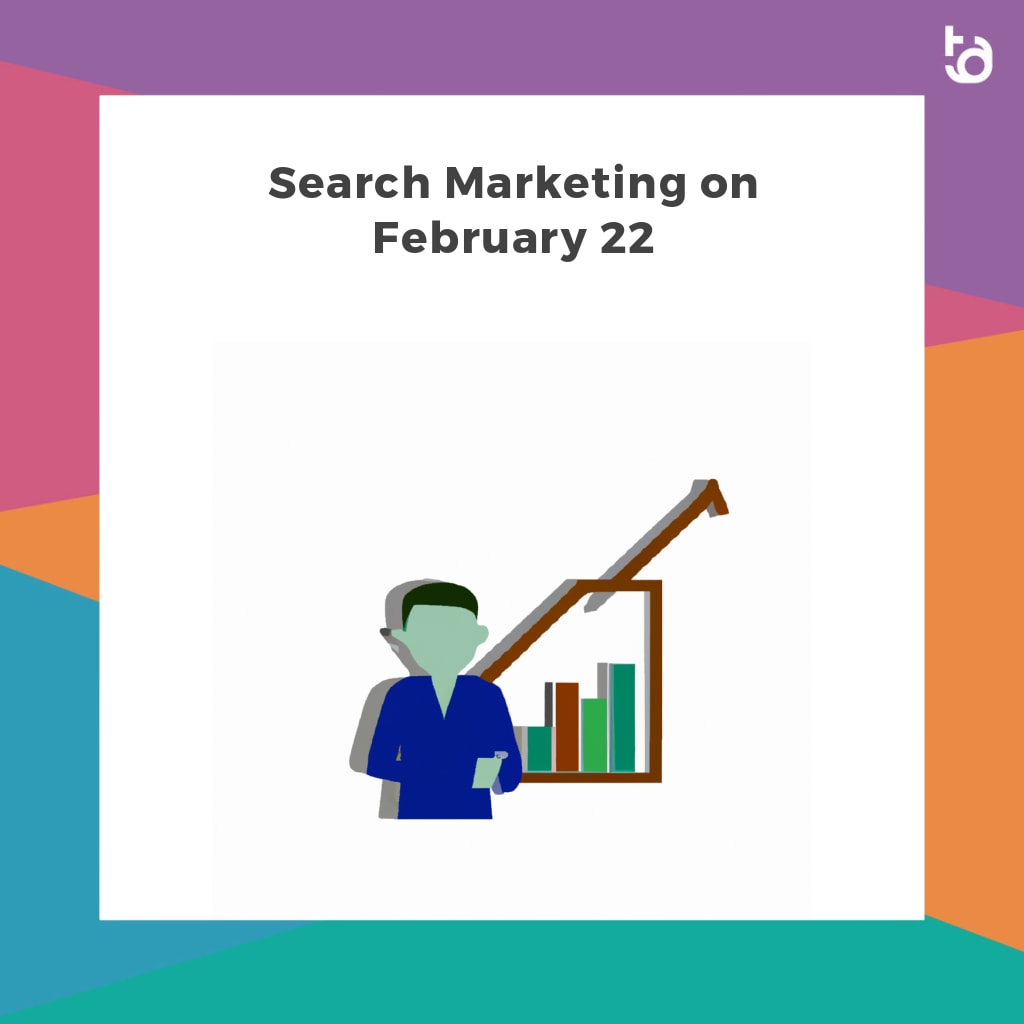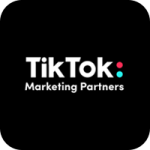Marketing automation is the use of technology to streamline and automate marketing tasks and processes. It involves the use of software and other tools to manage and optimize marketing campaigns, freeing up marketing staff to focus on more strategic and creative tasks. In recent years, artificial intelligence (AI) has become increasingly integrated into marketing automation, and OpenAI is at the forefront of this trend.
OpenAI is a leading AI research laboratory founded in 2015 by a group of high-profile tech industry leaders, including Elon Musk, Sam Altman, Greg Brockman, and Ilya Sutskever. The organization’s mission is to advance the field of AI in a way that is safe and beneficial to humanity, and it has made significant strides in achieving this goal through its research and development efforts.
One of the key ways in which OpenAI is revolutionizing marketing automation is through its work on natural language processing (NLP). NLP is a subfield of AI that focuses on enabling machines to understand and analyze human language. OpenAI has developed a range of NLP tools, including GPT-3 (Generative Pre-trained Transformer 3), a state-of-the-art language model that can generate human-like text with remarkable accuracy.
GPT-3 has a wide range of applications in marketing automation, including chatbots, content generation, and translation services. Chatbots powered by GPT-3 can handle customer inquiries and provide support 24/7, freeing up human customer service staff to focus on more complex tasks. Similarly, content generation tools powered by GPT-3 can help businesses produce high-quality, engaging content at scale, saving time and resources.
Another area where OpenAI is making a difference in marketing automation is through its work on machine learning algorithms that can better understand and analyze consumer behavior. By analyzing data from customer interactions, businesses can gain valuable insights into what drives consumer decisions and how to better target their marketing efforts.
OpenAI is also at the forefront of research into machine learning models that can better understand and analyze consumer sentiment. By using NLP to analyze customer feedback and reviews, businesses can gain a deeper understanding of how their products and services are perceived by customers, and how to address any issues or concerns that arise.
Overall, the integration of AI into marketing automation is having a significant impact on the field, and is likely to continue to shape the way businesses approach marketing and customer engagement in the future. By leveraging the power of machine learning and NLP, businesses can streamline their marketing efforts, save time and resources, and better understand and engage with their customers.
As with any new technology, however, it is important for businesses to carefully consider the potential risks and ethical implications of using AI in their marketing efforts. OpenAI has made it a priority to promote the responsible use of AI, and encourages businesses to consider the potential impacts of their AI projects on society and the economy. By adopting a responsible and ethical approach to AI, businesses can ensure that they are able to reap the benefits of this powerful technology while also minimizing any negative impacts.
In conclusion, the integration of artificial intelligence into marketing automation is transforming the way businesses approach marketing and customer engagement. From chatbots and content generation to sentiment analysis and consumer behavior modeling, the applications of AI in marketing automation are vast and varied. By using these tools wisely and responsibly, businesses can streamline their marketing efforts, save time and resources, and better understand and engage with their customers.
OpenAI, as a leading player in the field of artificial intelligence, is at the forefront of this trend, developing a range of tools and technologies that are revolutionizing the way businesses approach marketing automation. By leveraging the power of natural language processing and machine learning, businesses can take full advantage of the benefits of AI in marketing automation, and ensure that they are able to grow and succeed in today’s competitive landscape.
As AI continues to advance and become increasingly integrated into everyday life, the work of organizations like OpenAI will be more important than ever in helping to ensure that the development of this technology is safe, ethical, and beneficial to







